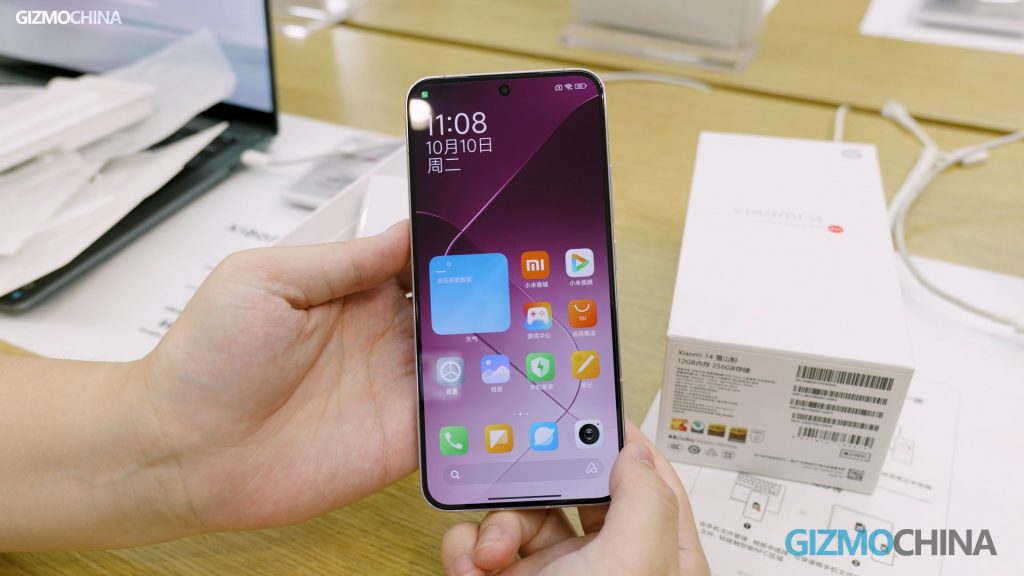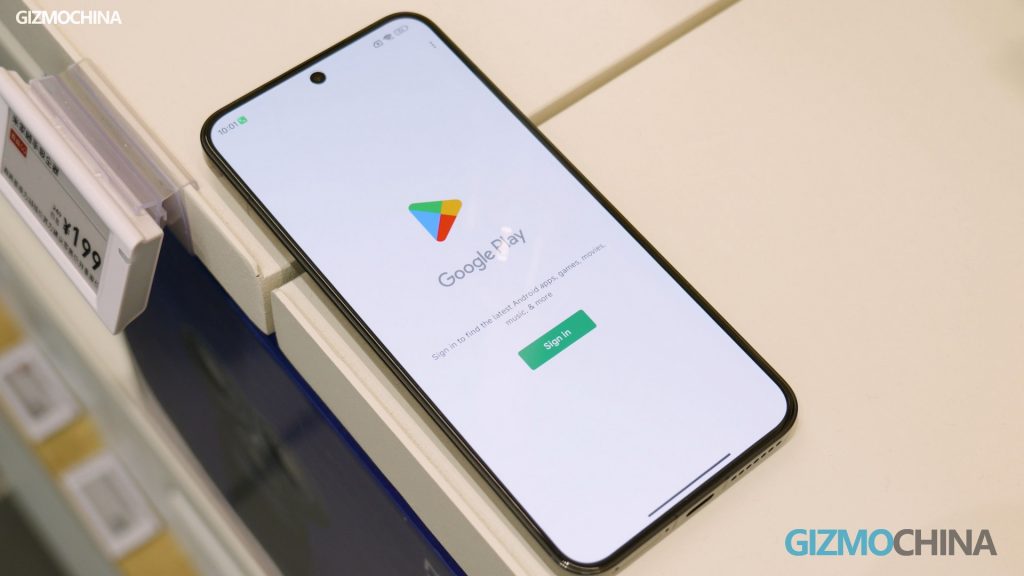The Xiaomi 14 series is one of the first smartphones to be powered by the new Snapdragon 8 Gen 3 chip. This chip is a powerhouse, but there is one big omission—it lacks native support for 32-bit apps.
However, Xiaomi has found a workaround for this issue with the help of a 32-bit to 64-bit binary translator called Tango. This translator allows 32-bit apps to run on the Snapdragon 8 Gen 3 chip without any issues.

This is great news for users who still rely on some 32-bit apps. It also means that other smartphone manufacturers can use Tango in their Snapdragon 8 Gen 3-powered devices to ensure compatibility with older apps.
Why is this important?
Google has been pushing developers to switch to 64-bit apps for a while now and the new Snapdragon 8 Gen 3 processor doesn’t support 32-bit apps as well. However, not all developers have made the switch yet. This means that there are still a significant number of 32-bit apps available on the Google Play Store.

Without Tango, users of the Xiaomi 14 series would not be able to run these apps. This would have been a major inconvenience for many users.
How does the Tango translator on Xiaomi 14 work?
Tango is a binary translator. This means that it converts 32-bit machine code into 64-bit machine code. This allows 32-bit apps to run on 64-bit processors.
Tango is a very efficient translator. It can translate machine code at runtime with minimal performance overhead. This means that users should not notice any difference in performance when running 32-bit apps on the Xiaomi 14 series.
Expert Mishaal Rahman has confirmed that Tango is working properly and that 32-bit apps, such as Flappy Bird, can run on the Xiaomi 14 series.
In Conclusion
Xiaomi’s implementation of Tango in the Xiaomi 14 series is a welcome relief. It ensures that users can still run their favorite 32-bit apps on the new Snapdragon 8 Gen 3-powered device.
It is also possible that other smartphone manufacturers will follow Xiaomi’s example and implement Tango in their own Snapdragon 8 Gen 3-powered devices. This would be a great thing for users, as it would ensure compatibility with older apps across a wider range of devices.
Related:
- Xiaomi 14’s UltraSpace storage expansion gives 8GB extra (real) storage on 256GB models
- Can Xiaomi last till 2040? CEO Lei Jun answers as netizens debate company’s future
- Xiaomi’s HyperOS and Huawei’s HarmonyOS are in a Race to Redefine Chinese Tech
- Xiaomi HyperOS update: Roadmap, List of Eligible Xiaomi, Redmi and Poco Devices
- Xiaomi 14 Pro Titanium Special Edition has low yield rate: Official







